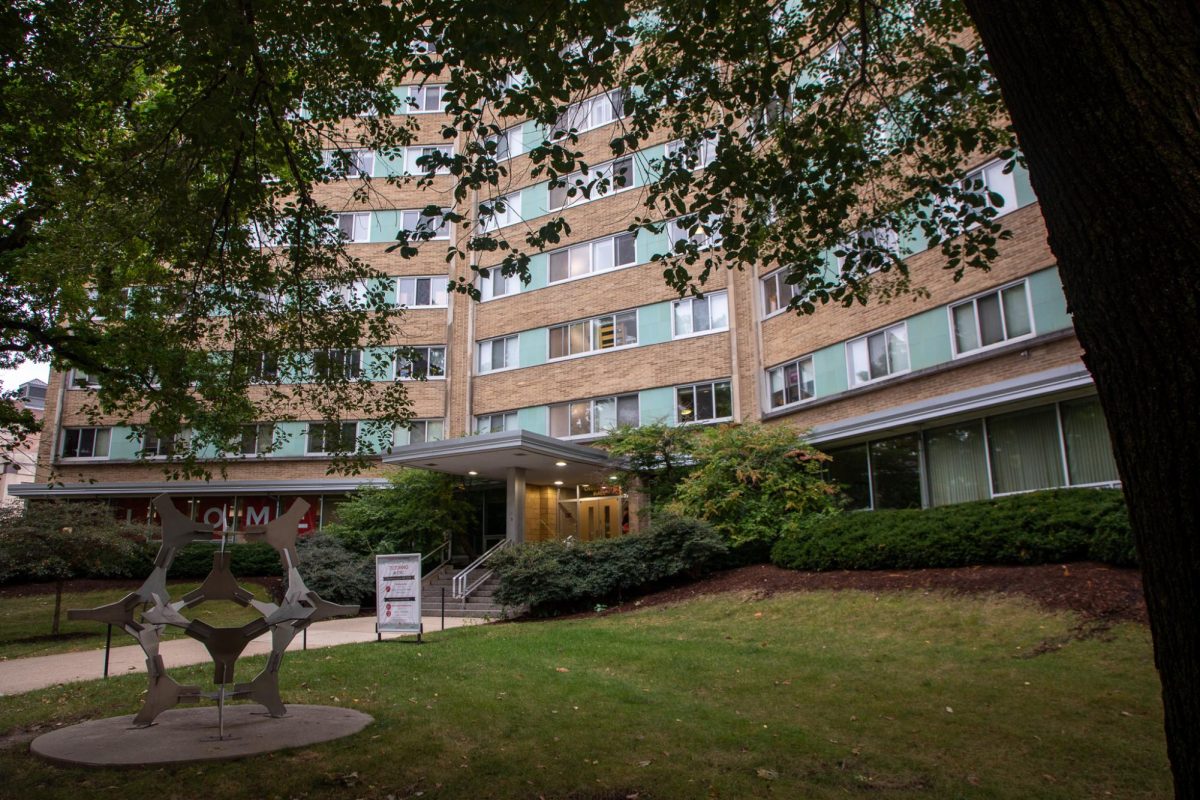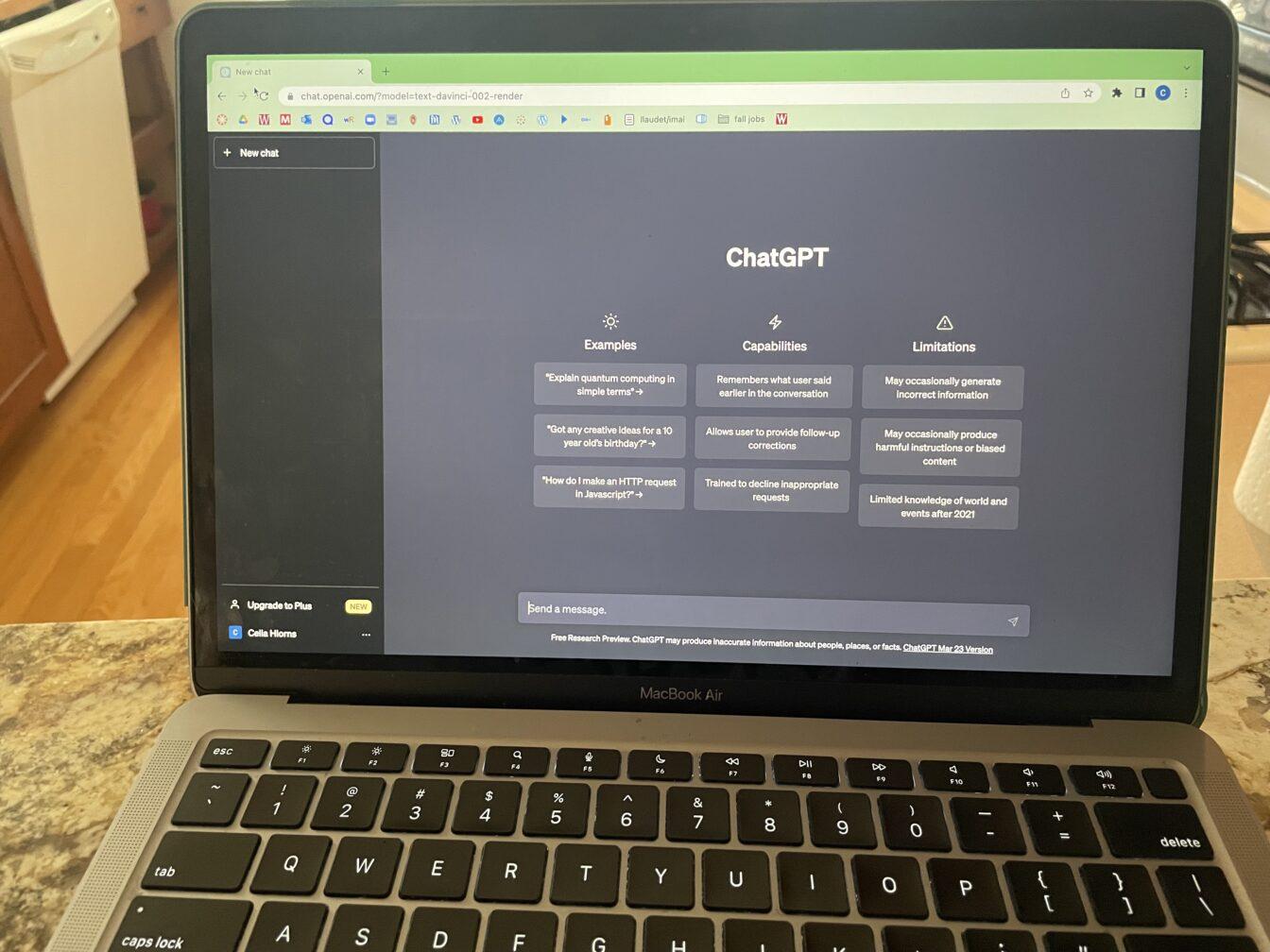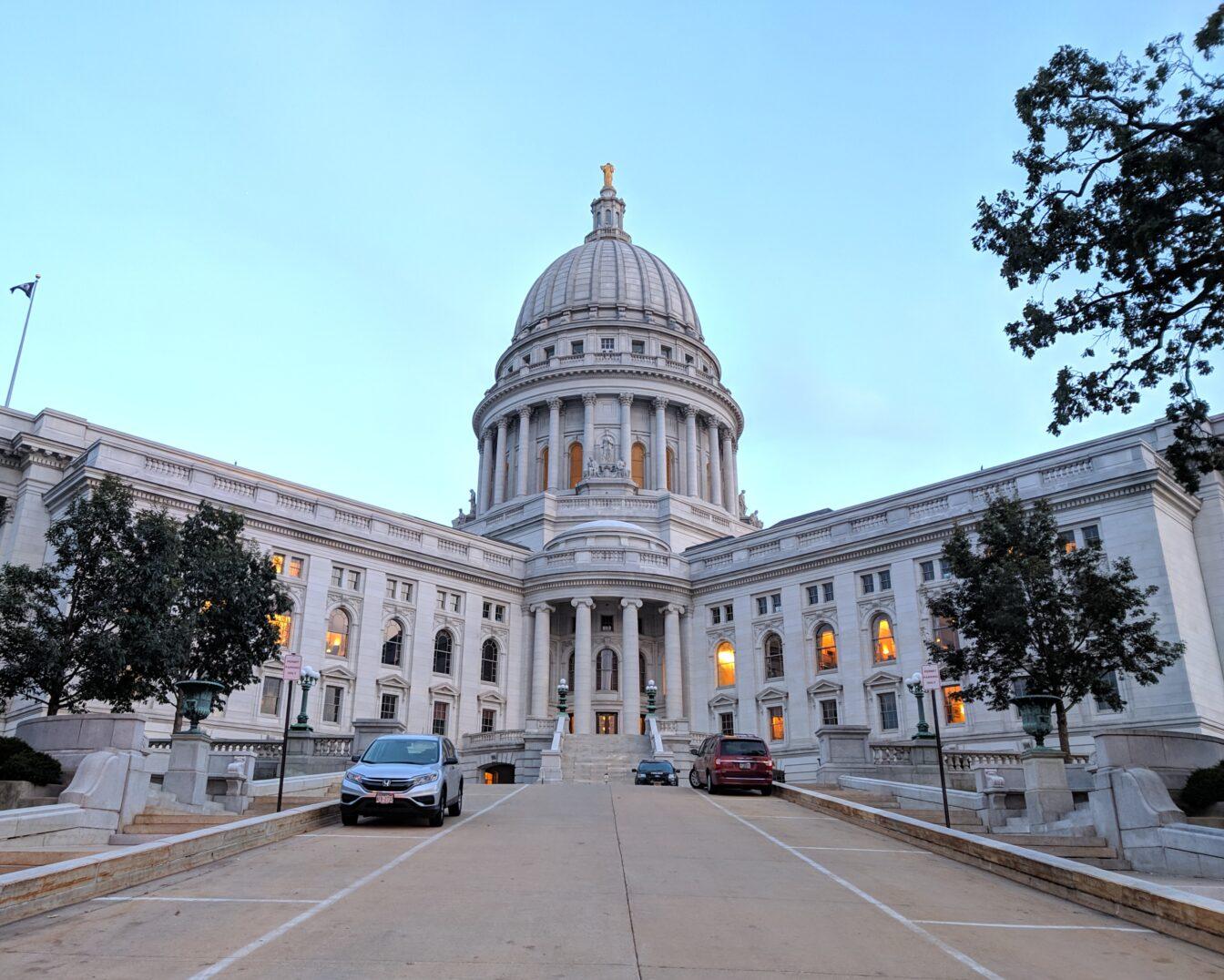On April 5, over two million Wisconsinites turned out to vote for president, state Supreme Court and numerous local races. The turnout in this presidential primary was the highest it has been in Wisconsin since 1972 when Richard Nixon ran for re-election against George McGovern.
You turned out to vote last week for a variety of reasons; I’m sure all of you had your own issue that was most important. For a lot of you, that issue was poverty and economic injustice. Today, over 45 million Americans live below the poverty line, which is $24,230 for an average family of four. Working to lower and eliminate poverty is an issue of morality, economics and racial equity.
How to tackle poverty tends to be one of the most classic examples of conservative versus progressive ideals. Conservatives continue to tout “limited government” as a solution to poverty, yet to achieve smaller government, they cut the very programs that assist those living below the poverty line. Progressives champion the utilization of government as a productive tool to help communities that our society has left behind and empower those who are struggling.
Here in Wisconsin, poverty hits a little too close to home. Over 20 percent of people live in poverty in Milwaukee County, and poverty rates in Dane County are over 13 percent.
And that’s not all.
In Wisconsin, the racial divide of poverty is strikingly higher than the national average. Nationally, black Americans live in poverty at about twice the rate of white Americans. While this national average is disheartening enough, the poverty rate for black Wisconsinites is nearly four times higher than the poverty rate for white Wisconsinites. This goes to show that poverty in America, and especially Wisconsin, is an extremely intersectional issue affecting people of every race and gender.
Meanwhile, as Wisconsinites and other Americans (chiefly those of color) barely make it paycheck to paycheck, the Republican-controlled Congress cut billions from food stamps and eliminated extended unemployment assistance.
In Wisconsin, Gov. Scott Walker has spent years slashing property taxes only to benefit wealthy Wisconsinites with large homes and areas of land at the expense of cutting programs which assist the poor to make up for the lost state revenue. Then late last year, Walker signed a bill creating a very expensive program to drug test recipients of public assistance.
Not only does this perpetuate the stigmatization of those living in poverty, but it is a solution for a problem which has been proven time and time again to not exist. In Tennessee, only one of the hundreds of public assistance recipients tested positive for drug abuse, and in Florida, only 2.6 percent tested positive. This wildly expensive testing is embarrassing and unnecessary, but it is surprisingly the opposite of the usual small government mantra conservatives constantly trumpet. It doesn’t make a whole lot of sense, does it?
Perhaps this era of Republican ridiculousness around policy for the poor is coming to an end. At least one high ranking Republican seems to be coming around. Recently, Speaker of the House Paul Ryan apologized for the way he has been speaking about the “makers” and “takers” in society over the course of his career and acknowledged that those living in poverty are actually struggling Americans trying to get back on their feet and feed their families.
Welcome to what the Democratic Party has been saying for decades, Speaker Ryan! I would be hopeful this apparent change of heart will be reflected in implementation of new policy actually aimed at assisting those living in poverty, but judging by the do-nothingness and obstructionism of the Republican Party, as of lately, I find it difficult to take his word for it.
August McGinnity-Wake (a.mcwake@gmail.com) is a sophomore majoring in political science and economics.














